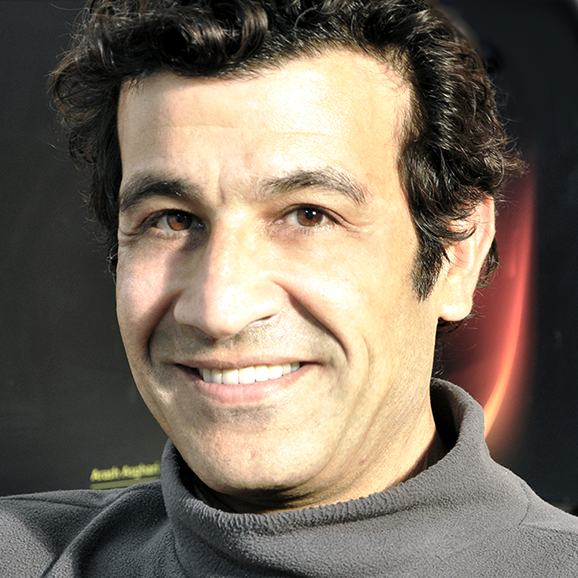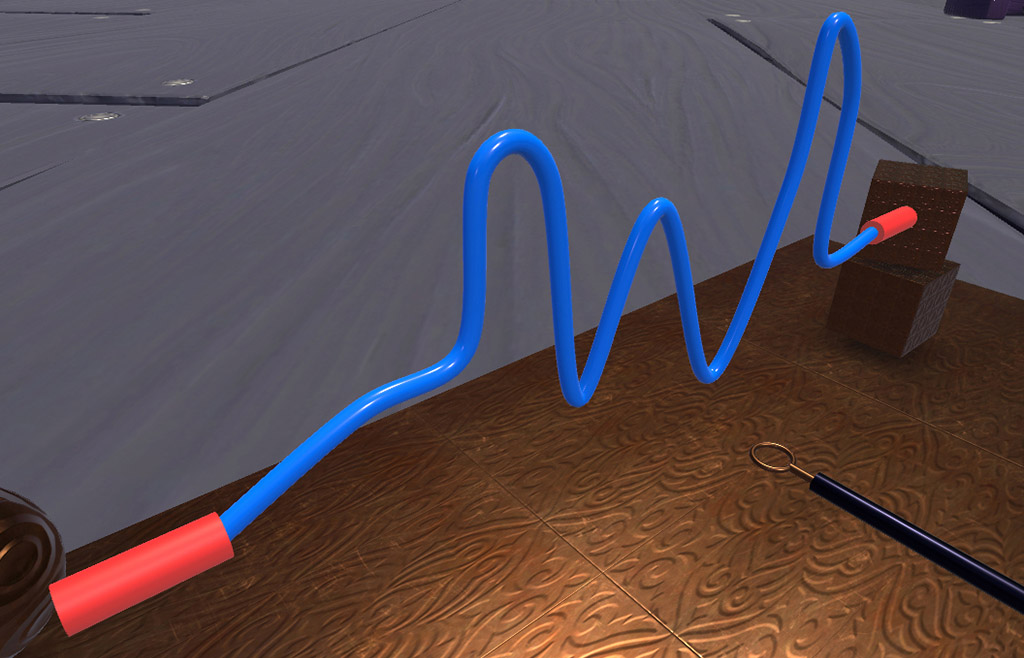Using Virtual and Augmented Reality for Fine-Motor Skills Rehabilitation
With colleagues from the Cyprus University of Technology, we wish to develop interactive computer assisted aides for people recovering from Stroke and other diseases affecting motor control. Virtual reality applications provide an ideal means for presenting novel environments where patients can perform repetitive movement with hand-held devices. Hand and Body tracking can provide valuable movement information to monitor progress. The eventual aim is to provide a cheaper home-based alternative to attending rehabilitation clinics.
Below is an abstract from a recent paper. So far we have created and tested a full version game with 12 levels of difficulty. Future developments include using augmented reality glasses.
Virtual Buzzwire - Prototype System for Upper Body Fine-Motor Skills Rehabilitation
Abstract
The process of recovering fine motor skills requiring eye-hand coordination after brain injury is a long and arduous process. Many hours of therapy involving simple movement tasks are required. Patients must visit clinics regularly and require trained therapists, posing a massive burden on every health system. Furthermore, adherence to rehabilitation programs is low. Factors including fatigue, lack of motivation, and musculoskeletal issues prevent people from initiating or maintaining therapy programs.
With current advances in VR tech we can investigate XR-based methods of motor rehabilitation which are more enjoyable, can be used at home, and with which precise measurements and assessments of improvements can be made.

